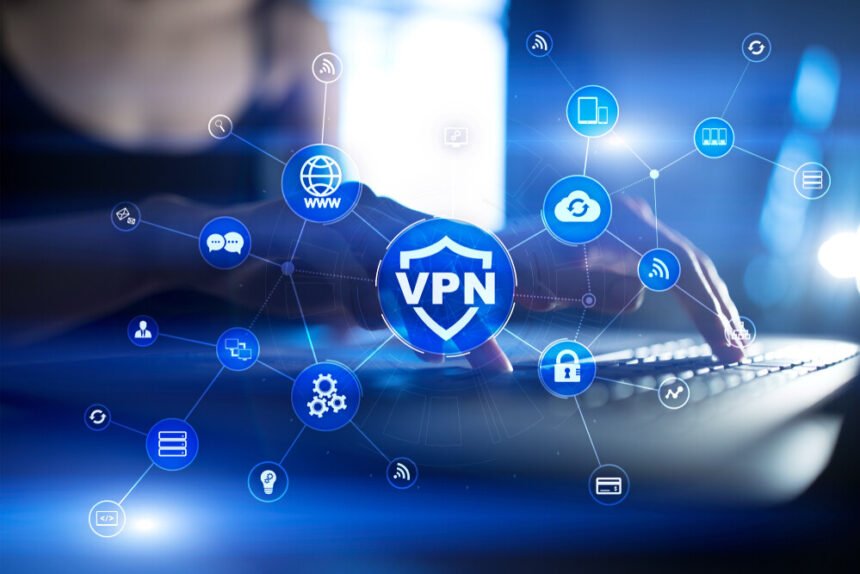Americans are overwhelmingly concerned about online privacy. In December, a poll found that only 8% of Americans did not support any type of data protection policy. They believe that the government should do more to develop privacy safeguards.
Unfortunately, the government is not going to take action anytime soon. If anything, we have taken a massive step back. Two and a half years ago, Congress overturned popular Internet privacy regulations. They haven?t been reinstituted since.
Fortunately, big data has offered new solutions. It has made VPNs more popular and better at safeguarding our data.
Big Data Paves the Way for Better VPN Privacy Protections
The amount of information that is out in the world is unfathomable. Every website that we visit or transaction that we complete online has a risk of being collected and stored, waiting to be analyzed and used. The information may mostly be harmless, but naturally, most of us are not going to be keen to having our information taken and stored for future use.
One of the best ways that we can protect our information and keep our digital footprint private is through the use of VPN routers for your home network. Over 25% of all Internet users have used a VPN in the past month. That figure is rising every year. Here?s what you should know.
How VPNs Work
VPNs (also known as virtual private networks) are a feature included with some routers. They allow you to block your own IP address, protecting your information from would-be hackers as well as preventing it from becoming a part of big data.
VPNs are made specifically to protect your privacy and your security. It does not represent what your activity is online, but instead your rights to keeping your information as anonymous as you would like it to be.
Who?s Using Big Data?
If you are thinking that your online activity is not sensitive enough to worry about the use of a VPN, you might want to reconsider. Companies like Google, Amazon, and even the government all have access to your online activity. While it requires a person to be able to analyze the data to be used, information about you is just in a cloud somewhere, waiting to be tapped into.
Most of the big data is going to be used for marketing purposes, but even that does not make it any less frustrating than it would have been for something more serious. A VPN can give you the protection you need to have your web history become encrypted.
Buying a Router
Once you realize that you need a VPN with your router, you will need to begin your hunt for the right router. Your router should include a VPN as well as other features that are specific to your network. For example, if you live in an apartment, you will want to look at the recommended routers for an apartment that also have a VPN. Likewise, if you have a larger space, you will need to think about a router that has a mesh system or something long-reaching.
Your router will need to be capable with your ISP, but also meet all of your privacy and security needs. Your ISP is your gatekeeper between you and the internet and needs an extra buffer to ensure that your information is encrypted with a VPN.
VPNs Offer Better Protections Due to Data Advances
It seems like people should have been worried about big data and security this whole time, but it is only recently that consumers are becoming more aware of big data and all of the risks that come with it. As knowledge of cloud storage and cookies has become more common place, it would make sense that more people are looking for routers that have VPNs, giving that extra ounce of security.
Conclusion
Having more security than ever before is a smart trend to go with as well. You should not have the information of your private life stored in a facility, just waiting to be analyzed and used again at will. As malware and identity theft continue to be common concerns with people everywhere, it only makes sense to buy a router than has a built-in VPN, giving you all of the security, preventing your private information from being used and exploited.

